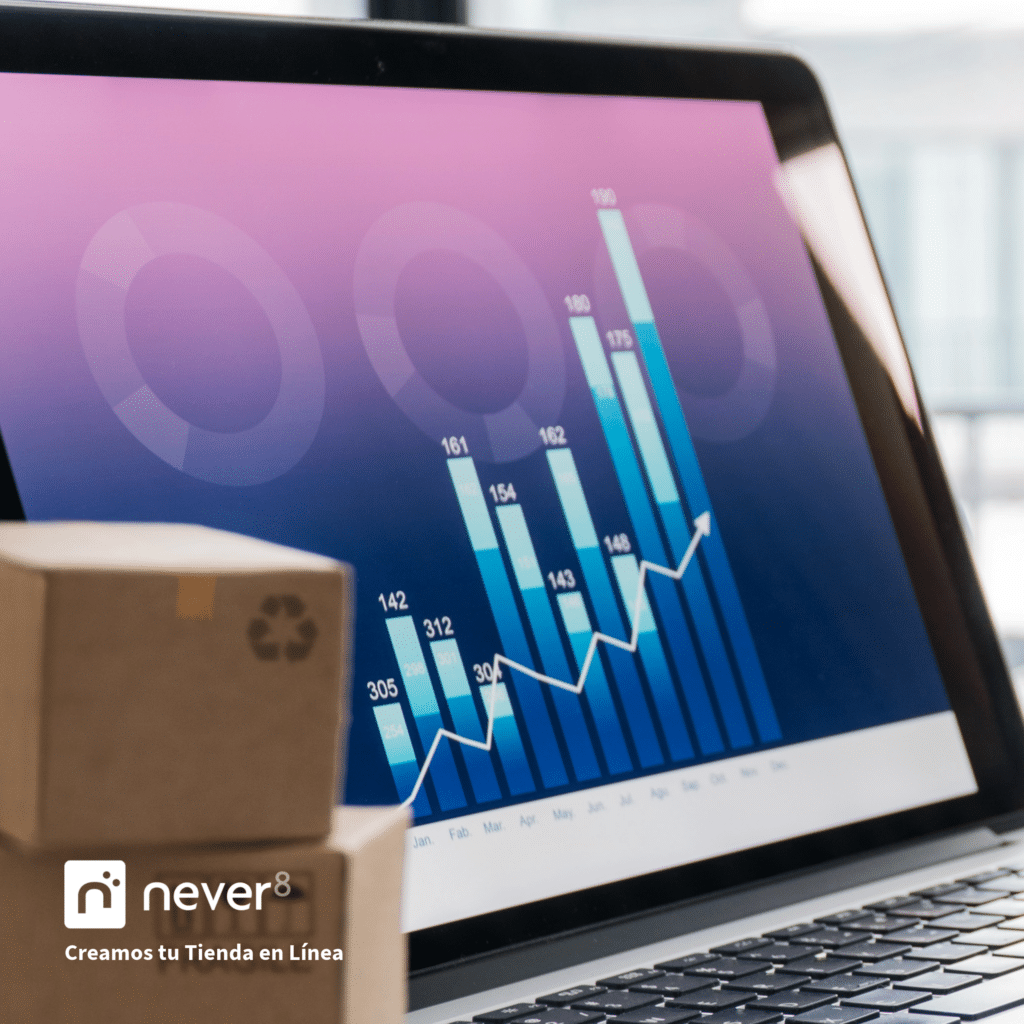Everything You Need to Know
Do you know what Ecommerce is and how it works? If you are interested in starting your own online business or simply want to better understand the world of Ecommerce, you have come to the right place.
Ecommerce, also known as Electronic Commerce, refers to the buying and selling of products and services over the Internet. It is a modern and convenient way to conduct commercial transactions without the need to be physically present in a store. The presence of Ecommerce has revolutionized the way people buy and sell, providing a wide range of benefits for both consumers and business owners.
Get ready to dive into the exciting and lucrative world of ecommerce. Let's get started!
Introduction to E-Commerce
- E-commerce has democratized market access, allowing anyone with an Internet connection to establish and grow their own online business. It is no longer necessary to have a physical location, large inventories or expensive equipment to start selling products or services. With e-commerce, any entrepreneur can create an online store and reach a global audience.
- In this section, we will explore the basics of e-commerce and how it has transformed the way we buy and sell products. We will also examine the advantages and disadvantages of e-commerce and how it can benefit consumers and business owners alike.
Advantages of E-Commerce
E-commerce offers a number of advantages for both consumers and business owners. These advantages have contributed to its growing popularity and have changed the way people buy and sell products.
- Global accessUnlike a physical store that is limited by its geographic location, an online store can be visited by people from all over the world. This opens up a world of opportunities for business owners.
- 24/7 availabilityA physical store has limited opening hours, while an online store is open 24 hours a day, 7 days a week. This means that customers can shop at any time that is convenient for them.
- Cost reductionEliminates expenses such as rent and maintenance of a physical store, allowing you to offer competitive prices.

Steps to create an Online Store
If you are interested in starting your own online business, one of the first things you should do is create an online store. Fortunately, thanks to e-commerce platforms, creating an online store is easier than ever. Here are the basic steps to create your own online store:

- Choose a platformThere are many options available, such as Adobe Commerce or Magento. Each platform has its advantages and disadvantages, so be sure to do your research and choose the one that best suits your needs.
- Register your domainAfter choosing a platform you must register a domain name for your online store. The domain name is the web address of your store, so choose a name that is relevant and easy to remember.
- Customize your storeOnce you've chosen a platform and registered your domain, it's time to customize your online store. This includes choosing a design and theme for your store, adding your logo and customizing colors and fonts to match your brand identity.
Marketing strategies for e-commerce
Once you have created your online store, it is crucial to implement effective marketing strategies to promote your products or services and attract potential customers. Here are some key marketing strategies you can use in e-commerce:
- Content marketingContent marketing is an effective strategy to attract potential customers and build trust in your brand. You can create and share relevant and valuable content, such as blogs, videos or infographics.
- Social networksYou can use social media platforms such as Facebook, Instagram, Twitter and LinkedIn to share content, interact with your audience and promote your products.
- Email marketingUse email marketing to offer exclusive discounts or special promotions to your customers, which can help generate repeat sales and increase customer satisfaction.

Search Engine Optimization in E-Commerce
Search engine optimization (SEO) is crucial in e-commerce, as it can improve your online store's visibility in search engines and increase organic traffic. Here are some SEO strategies you can implement in your online store:

- Keyword researchUse tools to identify relevant keywords with high search volume and low competition. You can use these keywords in your product pages, descriptions and metadata to increase your visibility in search engines.
- Content optimizationUse relevant keywords in your titles, descriptions and image tags. It is important that your product pages have detailed and unique descriptions, as it helps search engines understand your content and provides valuable information to your customers.
- Technical optimizationMake sure your website has a friendly URL structure, that the pages load quickly and that your website is compatible with mobile devices.
E-Commerce Services
In addition to marketing strategies and search engine optimization, there are several services and tools that can help you manage and grow your e-commerce business. Below are some of the most popular e-commerce services:
- E-commerce platformsPlatforms offer a wide range of tools and functionalities to help you create and manage your online store. They also often offer integrations with marketing and analytics tools to help you optimize your e-commerce efforts.
- payment gatewaysThese payment gateways offer secure and reliable options for accepting credit card payments and other online payment methods. When choosing a payment gateway, it is important to consider transaction fees, security and ease of use.
- Shipping servicesIf you plan to ship physical products to your customers, you will need to use a shipping service to manage and ship.









